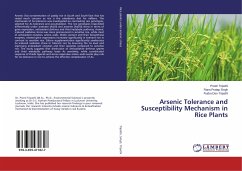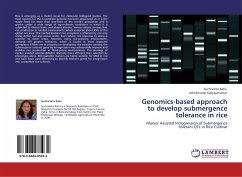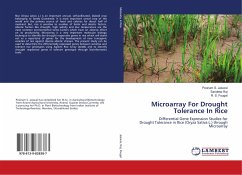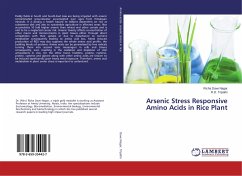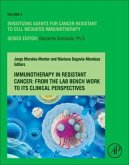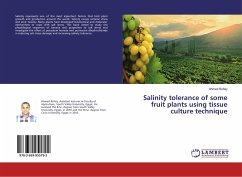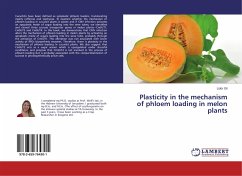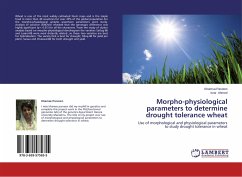Arsenic (As) contamination of paddy rice in South and South-East Asia has raised much concern as rice is the subsidence diet for millions. The mechanism of As tolerance was investigated on contrasting rice genotypes, selected for As tolerance and accumulation. The rice genotypes responded differentially under arsenate [As(V)] and arsenite [As(III)] stress in terms of gene expression, antioxidant defence and thiol metabolic pathway. Arsenic induced oxidative stress was more pronounced in sensitive rice, while most of antioxidant enzymes, amino acids, thiolic content and their biosynthesis enzymes, related gene expressions increased significantly in tolerant rice in contrast to sensitive rice. Silicon supplementation significantly ameliorates As induced oxidative stress in tolerant rice by lowering the As level and improving antioxidant enzymes and their isozymes compared to sensitive rice. The study suggests that diminution of antioxidative defense system and thiol metabolic pathway leads As sensitivity, while coordinated response of thiolic ligands and stress responsive amino acids seems play role for As tolerance in rice to achieve the effective complexation of As.

